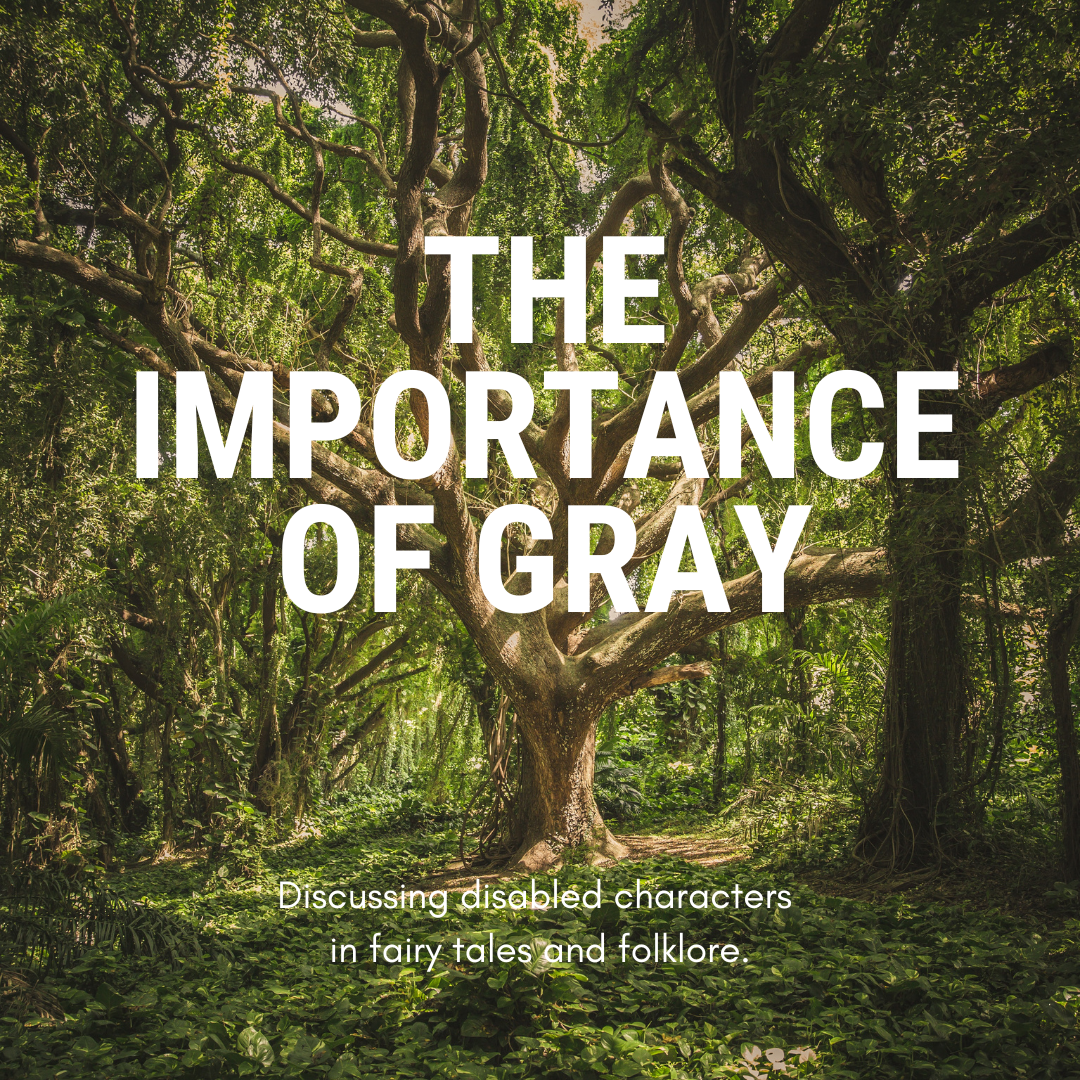|
The cicadas sizzled in the summer afternoon, spiraling in an erratic murmuration through the yard, and Fen dropped her sidewalk chalk to cover her ears. Her father, working on changing the oil in his pickup, called to her. “Fen, what’s wrong?” “They’re so loud,” Fen said, still holding her ears. “What is?” “The bugs. They’re so loud.” Her father laughed and rolled back under the pickup. And the years passed, and Fen learned not to bring up the volume on the TV, or the music at concerts when her friends shouted and jumped up and down. People didn’t understand that it hurt, that it made her want to curl up and just stop for a while. She learned to hate her ears, and how she couldn’t decrease the sound rolling into her head like a relentless tide, crashing and tumbling her thoughts into surf. She bought sound canceling headphones with the money from her first job and online, she found playlists of quiet things, like the moon creeping across the sky, or a spider spinning his web, or someone doing ASMR on how to cook an omelet. She worked as a janitor on night shift at an art exhibit, avoiding people, avoiding raised voices and the blaring sounds packaged with the sun. But the spiders encouraged her to talk to the visitors. They motioned at her from the corners, for out of all the creeping things spiders know the most about loneliness, and one time they insisted with such emphatic gestures of their legs that she sighed and slid off her headphones. The building would close in the next few minutes anyway. She gripped her pushbroom in readiness. “This painting,” the exhibit’s recorded voice explained to a small boy and his parents, “displays a bouquet of tiger lilies. In the background, a spray of purple-gray lavender sets off the brightness of the orange lilies. The painter named it ‘The Importance of Gray, and—” The voice, recorded at what everyone else termed a normal volume, did not set off Fen’s alarm as she’d expected. The story immersed her, settling into her far corners, saturating her lungs so she could not breathe. It overwhelmed in a new way, a happy way, and she held her hand over her heart. “What’s happening?” she asked the spiders in the barest of whispers. The pushbroom clattered to the ground. She’d dropped it. “Are you alright?” The mother asked. So loud. So loud. But not as loud as she’d expected. She hadn’t spoken to humans in years. Maybe . . . “Your ears have matured,” the spiders said. “They are a strength, not a curse.” “Let’s go,” the father said, shepherding his son and wife away down the hall. Fen bit her lip and turned back to the display of lilies and lavender. The recording had started over. “In the background, a spray of purple-grey lavender . . .” And the wave rolled through Fen once more, and she caught the hue of orange in it, of a sunlit place where sound didn’t hurt her, but lifted her instead, buoyed her higher than any other of her favorite moments; higher than eating mousse chocolate cake or falling asleep in a memory foam bed. The sound affected her with such strength that she cried for the next fifteen minutes, until closing time, and the little boy and his parents left. She waved, and kept her headphones off, to test her new ears. “Bye!” the little boy said. And the volume still clanged in her ears, but not as bad. Not when she imagined his words as a tiger lily, bright and happy and center stage, while she provided the importance of gray. “Have a good night,” Fen said in her small voice. The doors closed and she asked the spiders, “What is this? What is happening?” They wove their webs in concentric circles, and the sound of their spinning reverberated in her ears. “Isn’t it wonderful?” they said. “The beauty of sound? Not many humans can hear it, you know!” The clock ticked on the wall, the air conditioner hummed downstairs, and the boy’s words echoed in the air— “Bye!” and it all created a symphony. Something had unlocked inside Fen. Her ears had developed to handle the beauty behind noise; instead of roaring, it resonated, instead of clamoring, it sang. Stories told out loud sang the sweetest. She couldn’t wait to listen to the people the next day, all talking and telling stories in the art exhibit. About the author:
Emmie Christie’s work includes practical subjects, like feminism and mental health, and speculative subjects, like unicorns and affordable healthcare. She has been published in various short story markets including Ghost Orchid Press, Infinite Worlds Magazine, and Flash Fiction Online. She graduated from the Odyssey Writing Workshop in 2013. You can find her at www.emmiechristie.com or on Twitter @EmmieChristie33.
5 Comments
|
Disabled TalesDiscussing disabled characters in fairy tales and folklore! Categories
All
Archives
June 2024
|


